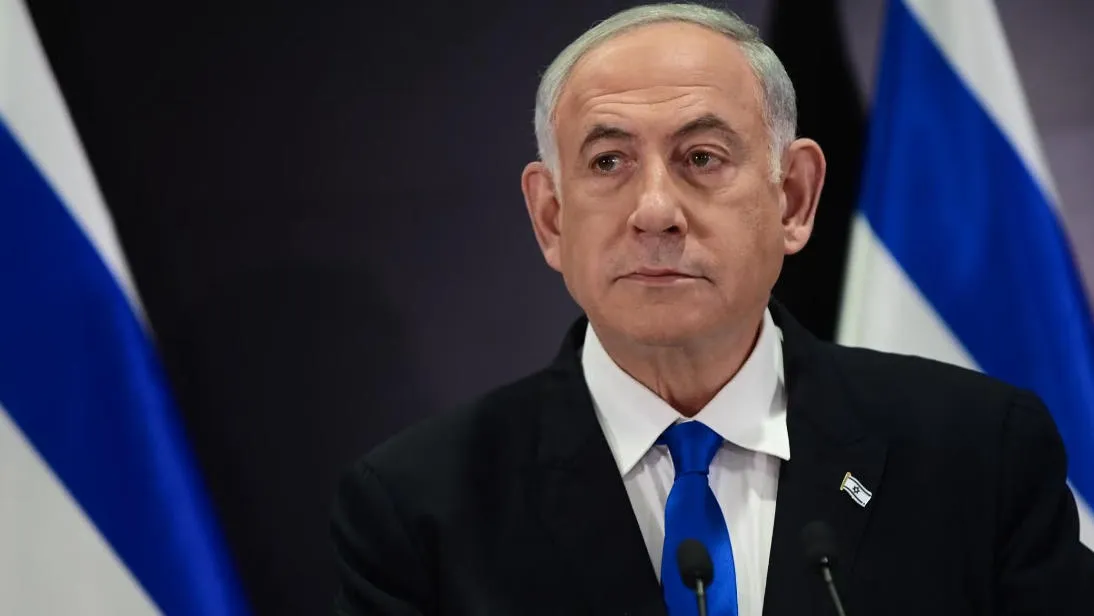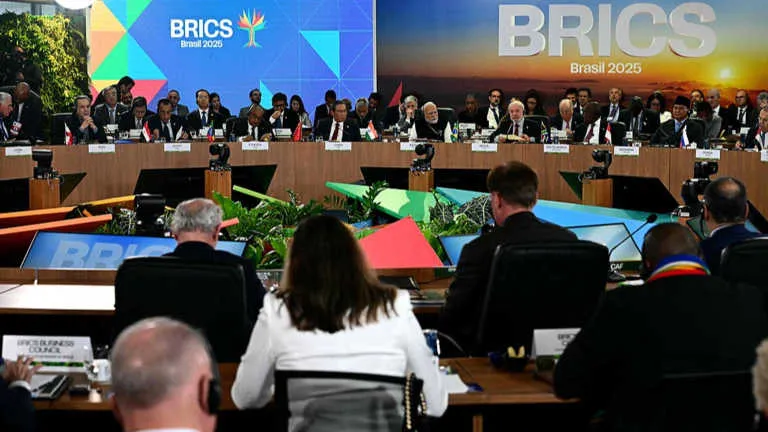Peace talks between Israel and Syria have hit a roadblock. Israeli Prime Minister Benjamin Netanyahu made a key demand. However, Syrian President Ahmed al-Sharaa refused to accept it.
So far, both countries have been engaged in talks. They aim to first reach a security arrangement and later move toward a full peace deal. Al-Sharaa, who replaced Bashar al-Assad, reportedly wants to join the Abraham Accords and normalize ties with Israel.
Nevertheless, serious disagreements remain.
Netanyahu Demands Strikes Inside Syria
According to The Jerusalem Post, Netanyahu demanded the right for Israel to carry out military actions, including airstrikes, inside Syria. In exchange, Israel would withdraw from the buffer zone between the two nations.
However, Al-Sharaa rejected this demand. He clearly stated that “Israel would not be permitted to operate inside the country, including conducting airstrikes,” after any agreement.
Previously, Israel moved into the buffer zone following the fall of Assad’s regime. The zone, established in 1974, was meant to reduce conflict. Yet, Israel still holds the area, citing national security.
Path to Peace Remains Uncertain
Meanwhile, Israeli Foreign Minister Gideon Sa’ar recently said that Syria and Lebanon could be the next to normalize ties with Israel. He explained that anti-Israel elements in both countries have weakened. Assad is gone in Syria, and Hezbollah has lost power in Lebanon.
Even so, experts say a final deal may take time.
Sources familiar with the talks told The Jerusalem Post that “it will be a cold peace, at least in the initial stage,” if any agreement is reached.
Furthermore, the potential deal will focus only on security arrangements within the buffer zone. The Golan Heights, a major disputed area, is not included in current talks.
One source added, “At this stage, it will be less a peace agreement and more a security arrangement aimed at cooperating against civilian threats. Eating hummus in Damascus or sailing in Latakia is not expected anytime soon.”























